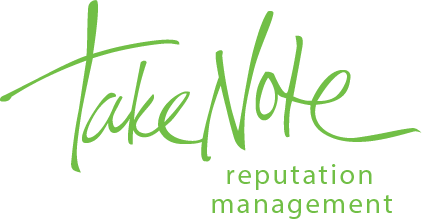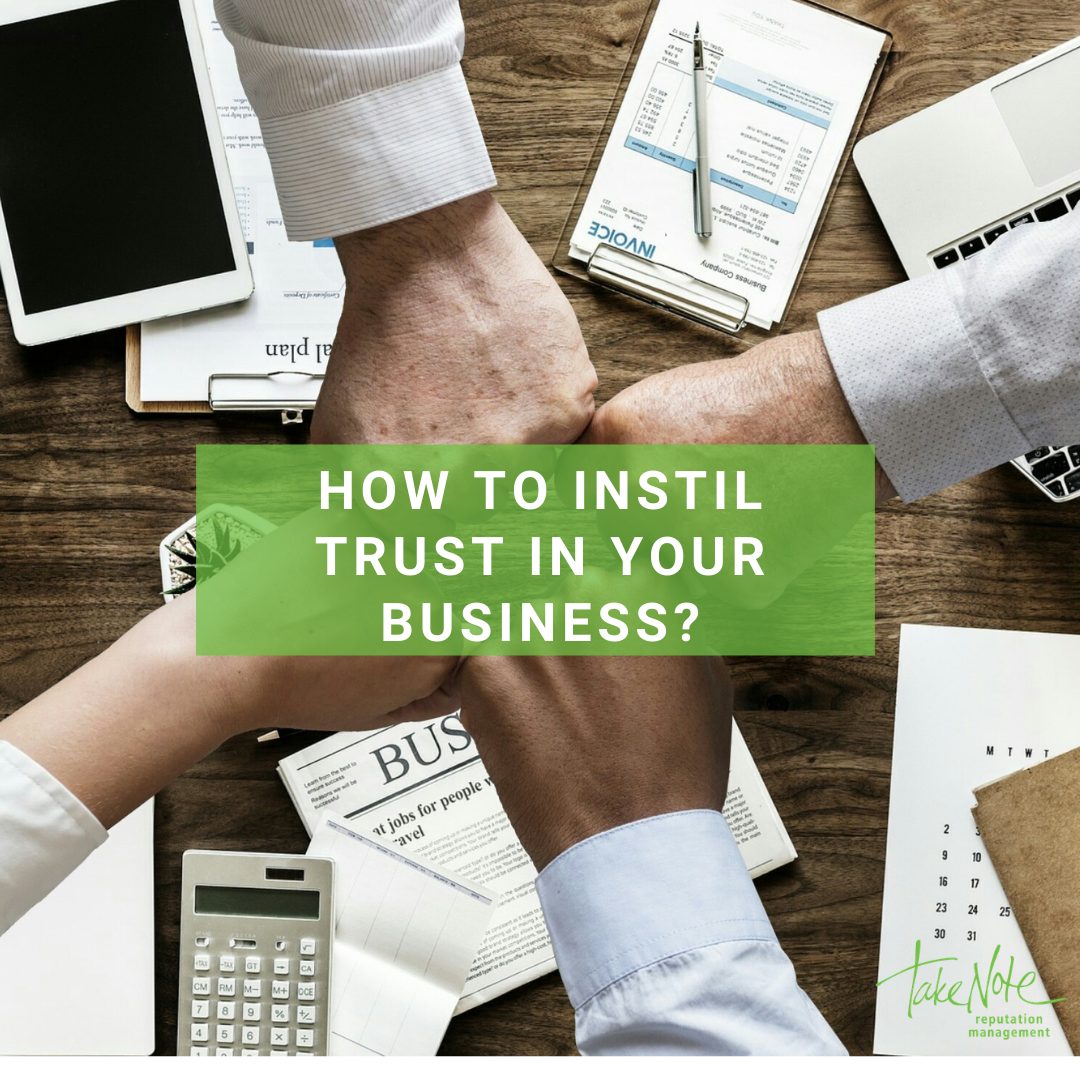According to The Edelman Trust Barometer 2021, businesses are more trusted than government in 18 of 27 countries, with businesses being perceived as being more competent and ethical. The TRUST your consumers have in your business counts far more now, than ever before. We look at factors that will assist in instilling trust in your business in the hearts and minds of the customers, your suppliers and your employees.
Trust from customers, employees and suppliers is imperative to business success and can lead to self-perpetuating sales through word of mouth, which 64% of marketing executives consider the most effective form of marketing. Trust helps grow and nurture your business but don’t forget that trust is fragile and once lost, it is very difficult to regain.
So how does your business instil trust? Here are some actions that have been implemented in successful businesses to up the trust factor. Remember, in order to build and maintain trust, these actions will need to be supported by sound communications, commitment and competence.
- Create mutually beneficial relationships
When your customers, suppliers, partners and employees decide to work with you, they need to be assured that they are making the right decision.
It is critical that your customers experience value for money from your goods or services. In the same way, your employees, partners and suppliers must be proud of their association, not just with the organisation, but with the quality of the goods and services as well.
An engineering component manufacturer is honoured by their association with a global leading car brand, a food retailer is proud of their link with a reputable organic vegetable supplier and so the trust built up in one entity has the ability to positively influence another, creating a mutually beneficial relationship.
An important aspect of building trust is demonstrating that the organisation cares about all those that it comes into contact with.
- Address issues directly
All businesses face challenges at some stage. In the words of the late American Sports Writer, Grantland Rice, “It’s not whether you win or lose, but how you play the game “.
Similarly, it is not the problem, but how you deal with it, that will that will be remembered and contribute to building your reputation. See problems as an opportunity to build trust and loyalty.
Embrace the spirit of a “warm welcome”, treat your Customers like gold and cultivate trust from the first point of contact. If you are authentic, this philosophy will extend all the way through service delivery, implementation, care and support. Each step holds the possibility for you to either enhance or damage the experience for your customers.
How often have you called a “Customer Care Line” to be left holding, or worse, there is an issue with a product or service delivery, but no way to register your complaint! Many organisations instruct their front line staff to limit access to senior management, how does this build trust? What is being hidden?
Be accessible to complaints, prioritise them and exploit the opportunity to turn an unhappy customer into an ambassador for your organisation. We do not live in a perfect world, so it goes without saying that you will not win every complainant over, but often just paying attention and listening is enough to build the respect and trust that is so important.
Always address complaints fast, be open and share information this will help gain confidence and resolve conflicts quickly whilst building and maintaining trust.
- Tell the truth
Yes, you read that correctly…. tell the truth.
Being honest with employees, suppliers and customers goes a long way in terms of building a reputation of being trustworthy. Offering excuses and allocating blame reflects an organisation that needs to look to the past to compensate for their shortcomings. Acknowledge where something has gone wrong, change the process or approach to ensure that there is not a repeat in the future. Dishonesty, no matter how minor, has a way of coming back at you and exposed lies will lead to a lifetime of reputational damage.
Have you ever followed up on a late delivery only to be told that it is the fault of the courier? Later you establish that the order was not processed, but instead of accepting responsibility and rectifying the issue, the company representative was not honest. Do you do business with that organisation again?
Remember you don’t often get a second chance to make a first impression, so do no mess it up!
- Consider compromise
A stringent approach is not always effective, especially in a world where the one constant is change. Consider your customer experience and how the organisations internal processes impacts on that.
Martin Lindstrom, a globally respected business and culture transformation expert recently authored a book titled “The Ministry of Common Sense”, that is filled with examples of organisations that have not adapted to their customers’ requirements and remain steadfast in their approach to satisfy an internal process that does not take the customers dissatisfaction into account.
Consider the security personal that check you heavily over laden shopping trolley against the till slip as you leave a busy department store. Is this an effective method of curbing theft? Who is not being trusted, the shopper of the staff?
Applying common sense with a bit of compromise could lead to a better solution, one that does not make the customer and staff feel mistrusted.
- Respect
Trust and respect go hand in hand. Respect is free and can be shown in many simple ways that will do wonders in building a positive reputation for an organisation.
Respect can start with being aware of other people’s time, personal schedules and needs. Create a culture in your organisation where it is considered priority to:
- Return phone calls
- Reply to emails and address all points raised
- Be on time for meetings
- Adhere to deadlines
- Be available and acknowledge others
As humans we thrive on recognition. By showing respect to others, we are recognising their importance to our organisation, be it a staff member, a supplier or a customer.
Have you ever approached a counter as a customer, only to be ignored by the attendant, because they are engaged in conversation with another staff member or talking on the phone? How difficult would it be for that person to look up, acknowledge, and perhaps smile? You would be satisfied that the attendant had seen you and would give you there attention as soon as they were finished. So simple yet wonderfully effective!
- Be Transparent
An all-important element of trust in business is transparency. Companies who are transparent will share information about their performance, internal processes, pricing, sourcing and business values.
Authenticity has become sought after in today’s business environment and this can only be achieved by being upfront and honest. Dealing with issues, as opposed to covering things up, means that you will build loyalty amongst staff, suppliers and customers alike.
Businesses that are honest and straightforward will build a solid customer base and retain loyal staff support.
Sound communication strategies go a long way in the information age to maintaining transparency and trust, leading to an increase in advocacy, engagement and commitment.
If your business builds and maintains open relationships with trust, transparency and effective communication you will create an environment where there is greater job satisfaction, reduced stress levels, loyalty and mutual respect throughout the organisation. The outcome should be a more productive work environment and a positive workplace with employees and customers who want to be by your side.
Take Note Reputation Management has considerable experience in communications on all platforms that can amplify the organisations values to customers, partners, suppliers and staff alike.







